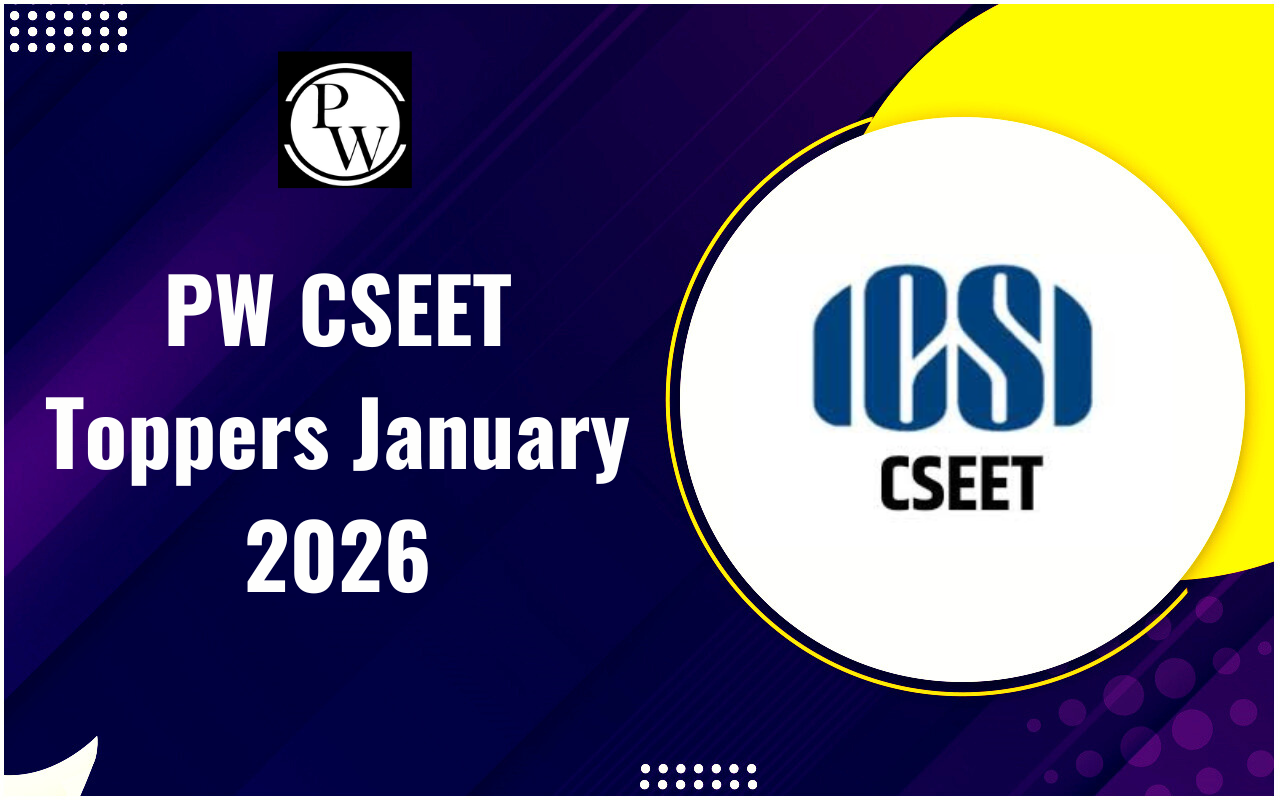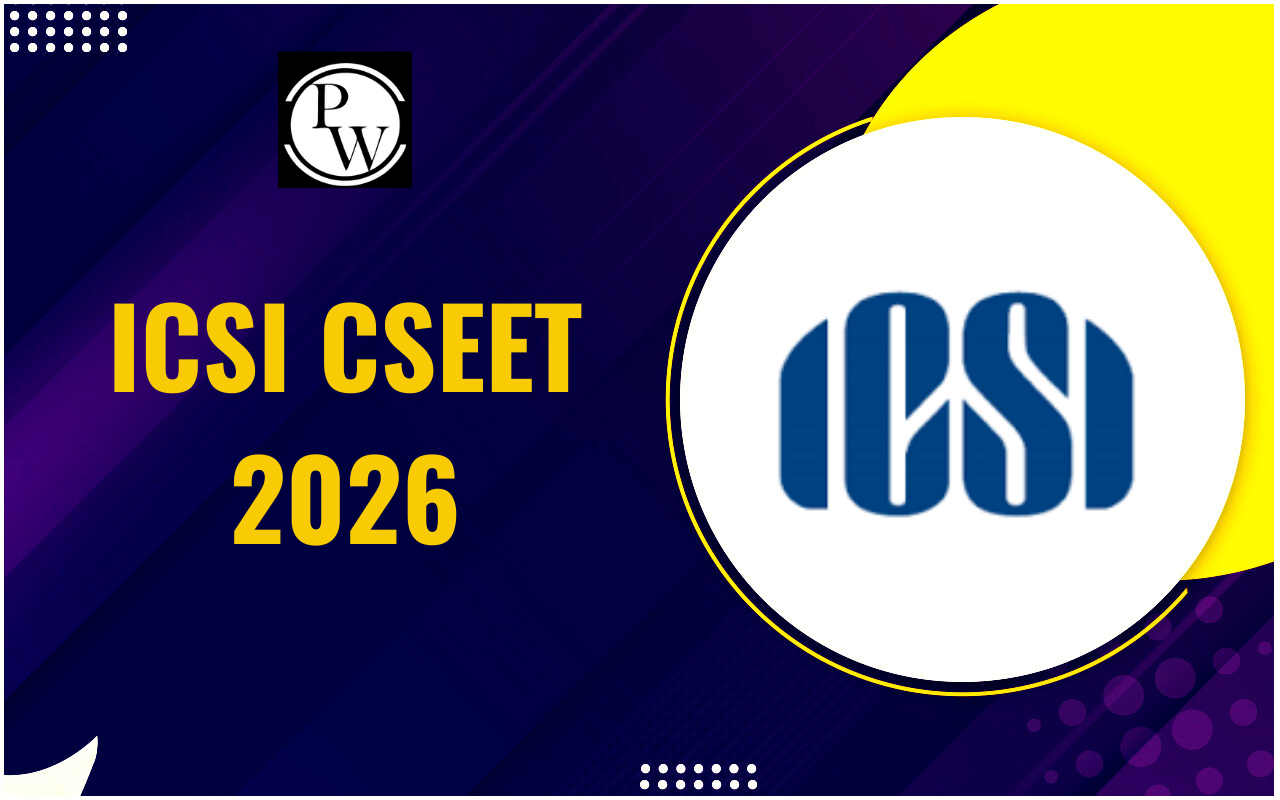
Limitation Act 1963: The Indian legal system recognizes the importance of resolving disputes within a reasonable timeframe. The Limitation Act, of 1963, serves as the cornerstone for this principle, outlining specific time limits (periods of limitation) within which various legal actions must be initiated. This article delves into the key aspects of the Act for CS Exam , equipping you with a basic understanding of its crucial provisions.
Limitation Act 1963
The Limitation Act, of 1963, is a central legislation enacted by the Parliament of India to consolidate and amend the law for the limitation of suits, appeals, and applications. It prescribes the maximum period a person can initiate legal proceedings for various causes of action. The Act aims to balance protecting the rights of aggrieved parties and preventing stale claims that could hinder the efficient administration of justice.Period of Limitation for Different Types of Suits
The Act provides a comprehensive schedule listing various types of suits and the corresponding period of limitation for each. Here are some common examples:- Suit for recovery of possession of immovable property: 12 years (Article 64)
- Suit for breach of contract: 3 years (Article 113)
- Suit for defamation: 1 year (Article 19)
- Suit on a promissory note: 3 years (Article 81)
Also Check: Sources of Law, Primary and Secondary Sources
Bar of Limitation
If a legal proceeding is not initiated within the prescribed limitation period, the right to sue is extinguished. This is known as the bar of limitation. Courts generally will not entertain claims filed beyond the limitation period unless a valid exception applies.Extension of Time in Certain Cases
The Act recognizes situations where circumstances might prevent a person from filing a suit within the stipulated period. In such cases, the court may allow an extension of time:- Disability: If the plaintiff (the person filing the suit) was a minor or of unsound mind during the limitation period, the time may be extended by the period of disability (Article 6).
- Acquisition of knowledge: If the plaintiff was unaware of the cause of action until a later date, the limitation period may be calculated from the date of knowledge (Article 18).
- Appeal from order: Time spent pursuing an appeal against an order can be excluded when calculating the limitation period for a subsequent suit (Section 14).
The doctrine of Sufficient Cause
The Act empowers the court to extend the limitation period in cases where the plaintiff has a "sufficient cause" for the delay. This is a discretionary power exercised by the court based on the facts and circumstances of each case. Examples of "sufficient cause" might include illness, natural disasters, or threats that prevented the plaintiff from filing the suit on time.Effect of Acknowledgement on the Period of Limitation
A written acknowledgement by the defendant (the party against whom the suit is filed) of their liability, or a promise to pay the debt, can revive the period of limitation. This acknowledgement must be signed by the defendant or their authorized agent and specify the amount of the debt or liability (Section 18).Computation of Time Mentioned in Instruments
The Act prescribes how to calculate periods mentioned in legal instruments like contracts or promissory notes. Generally, the day on which the cause of action arises is excluded, and the limitation period begins from the following day.Acquisition of Ownership by Possession
The Act also deals with acquiring ownership of property through continuous and peaceful possession for a specific period. For example, if someone possesses immovable property without the rightful owner's knowledge or consent for a period exceeding 12 years, they can acquire ownership through adverse possession (Article 65). The Limitation Act includes a crucial schedule that lists various types of suits and the corresponding limitation period for each. This schedule serves as the primary reference point for determining the time limit for filing legal proceedings. Advance your career with PW Company Secretary Courses! Gain expert knowledge, practical skills, and industry recognition. Enroll now and take the next step towards becoming a certified Company Secretary!Limitation Act, 1963 FAQs
What is the Limitation Act 1963?
The Limitation Act 1963, is a central legislation in India that prescribes time limits for initiating various legal proceedings to ensure timely justice and prevent stale claims.
What happens if a suit is filed after the limitation period?
If a suit is filed after the limitation period, it is generally barred by law, meaning the court will not entertain the claim unless a valid exception applies.
Can the limitation period be extended?
Yes, the limitation period can be extended in certain cases, such as when the plaintiff was a minor, of unsound mind, or unaware of the cause of action until a later date.
How does an acknowledgement of debt affect the limitation period?
A written acknowledgement of debt by the defendant can reset the limitation period, allowing the plaintiff additional time to file the suit.
What is the limitation period for filing a suit for breach of contract?
The limitation period for filing a suit for breach of contract is three years from the date the breach occurred (Article 113).
🔥 Trending Blogs
Talk to a counsellorHave doubts? Our support team will be happy to assist you!

Check out these Related Articles
Free Learning Resources
PW Books
Notes (Class 10-12)
PW Study Materials
Notes (Class 6-9)
Ncert Solutions
Govt Exams
Class 6th to 12th Online Courses
Govt Job Exams Courses
UPSC Coaching
Defence Exam Coaching
Gate Exam Coaching
Other Exams
Know about Physics Wallah
Physics Wallah is an Indian edtech platform that provides accessible & comprehensive learning experiences to students from Class 6th to postgraduate level. We also provide extensive NCERT solutions, sample paper, NEET, JEE Mains, BITSAT previous year papers & more such resources to students. Physics Wallah also caters to over 3.5 million registered students and over 78 lakh+ Youtube subscribers with 4.8 rating on its app.
We Stand Out because
We provide students with intensive courses with India’s qualified & experienced faculties & mentors. PW strives to make the learning experience comprehensive and accessible for students of all sections of society. We believe in empowering every single student who couldn't dream of a good career in engineering and medical field earlier.
Our Key Focus Areas
Physics Wallah's main focus is to make the learning experience as economical as possible for all students. With our affordable courses like Lakshya, Udaan and Arjuna and many others, we have been able to provide a platform for lakhs of aspirants. From providing Chemistry, Maths, Physics formula to giving e-books of eminent authors like RD Sharma, RS Aggarwal and Lakhmir Singh, PW focuses on every single student's need for preparation.
What Makes Us Different
Physics Wallah strives to develop a comprehensive pedagogical structure for students, where they get a state-of-the-art learning experience with study material and resources. Apart from catering students preparing for JEE Mains and NEET, PW also provides study material for each state board like Uttar Pradesh, Bihar, and others
Copyright © 2026 Physicswallah Limited All rights reserved.









